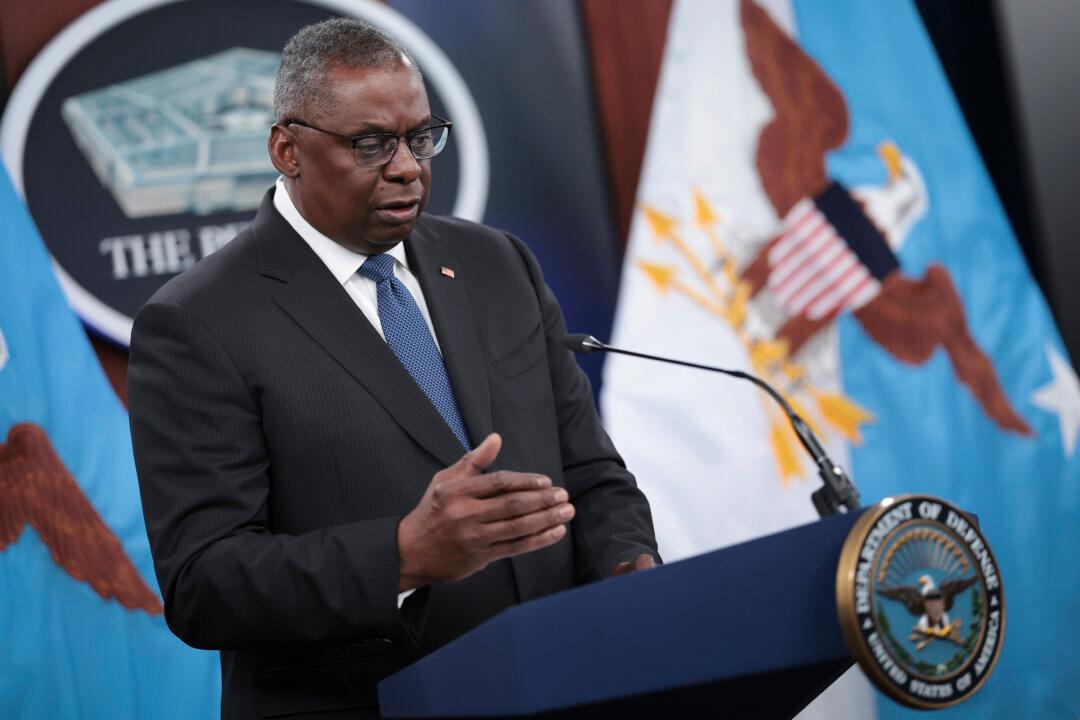A group of Republican lawmakers has called on the Biden administration to address alleged Chinese malware attacks targeting key government officials and utility companies serving civilian users and U.S. military installations and networks worldwide.
On Thursday, Rep. Mark Alford (R-Mo.) organized a letter (pdf) to Defense Secretary Lloyd Austin and NSA Cyber Security Director Rob Joyce, calling on them to brief the House Armed Services Committee about the extent of the alleged hacks, how long the Biden administration has been aware of such acts and what steps are being taken to address it.





